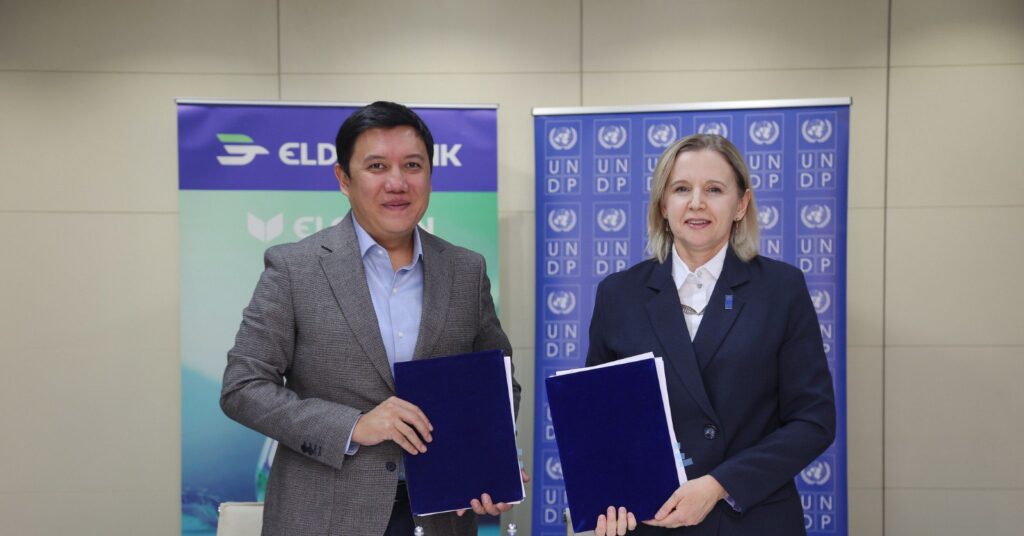Kazakhstan to Modernize Irrigation Sector with $5.3 Million EDB Grant
Kazakhstan’s Ministry of Water Resources and Irrigation, the United Nations Development Programme (UNDP), and the Eurasian Development Bank (EDB) have launched a new joint initiative aimed at modernizing the country’s irrigation sector. Titled “Developing a Business Ecosystem for Sustainable Irrigation in Kazakhstan,” the project is supported by a $5.3 million grant from the EDB and implemented in partnership with UNDP. The agreement was signed by Minister of Water Resources and Irrigation Nurzhan Nurzhigitov, UNDP Resident Representative Katarzyna Wawiernia, and EDB Deputy Chairman Ruslan Dalenov. Boosting Climate Resilience and Water Efficiency The multi-year initiative focuses on strengthening Kazakhstan’s resilience to climate change by improving irrigation management. Key components include establishing a National Water Resources Information System, deploying forecasting and water distribution tools, creating regional centers for modern irrigation, training specialists, and promoting water-saving technologies nationwide. Nurzhigitov emphasized that the project aligns with Kazakhstan’s broader strategic goals for climate adaptation and water sector reform. “For us, participation in this project means achieving strategic goals to modernize the water sector and increase resilience to climate change. We are actively working to attract investment in the water sector, but all strategic decisions are and will be made exclusively in Kazakhstan. Transferring water resources or facilities to foreign countries has never been considered. Our goal is to modernize the water sector to protect the interests of our citizens and ensure security and sustainable development,” he stated. Expanding Water-Saving Irrigation Kazakhstan has steadily increased the use of water-efficient irrigation technologies such as drip and sprinkler systems to reduce agricultural water consumption. Since 2024, the government has raised subsidies for farmers adopting these technologies. Reimbursement rates for drilling underground water wells and installing modern systems have increased from 50% to 80%. As a result, the area equipped with water-saving irrigation expanded from 312,200 hectares in 2023 to 580,000 hectares in 2025, representing 30% of the country’s total irrigated farmland. By 2030, the government aims to extend modern irrigation systems to 1.3 million hectares, covering 70% of all irrigated land in Kazakhstan.






